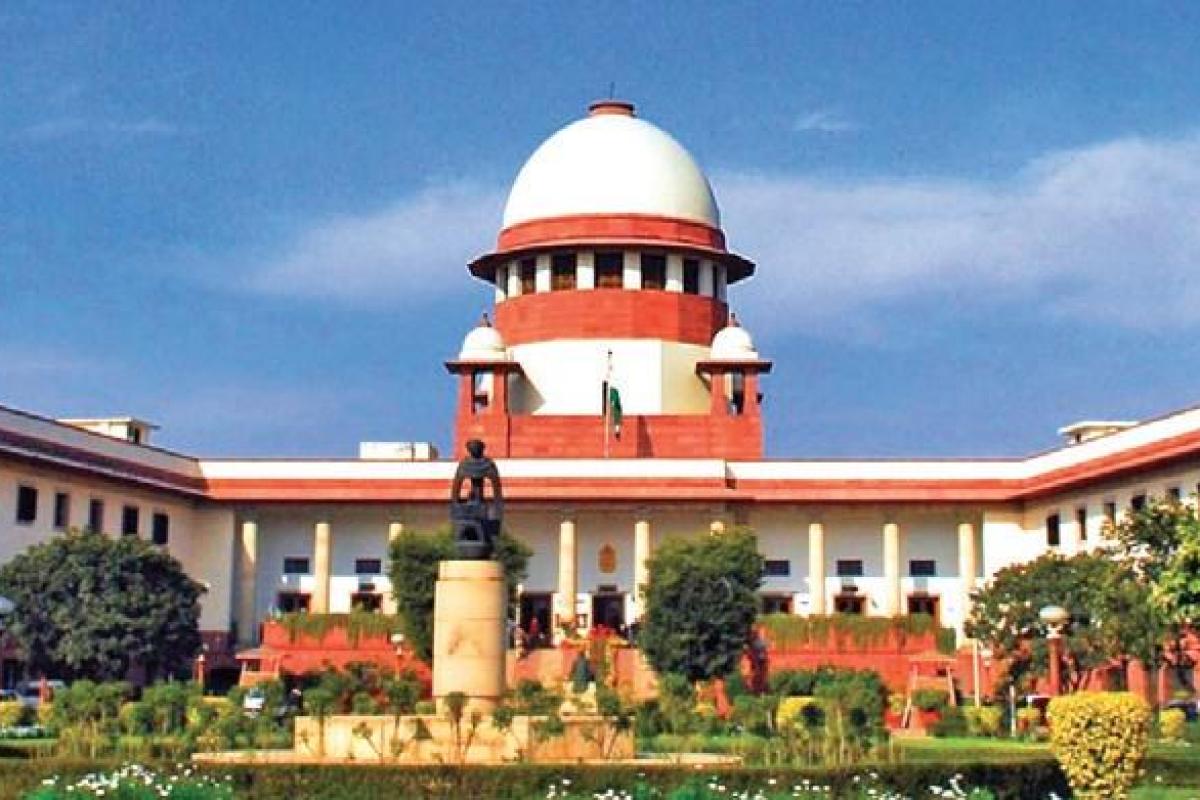The Supreme Court on Tuesday ordered registration of a suo motu case to consider laying down guidelines to deal with long pendency of criminal appeals in the Allahabad High Court.
A bench of Justices S K Kaul and M M Sundresh said there must be a mechanism that if an accused approaches high court, then the bail applications are listed promptly for hearing.
“An affidavit has been filed by the High Court accepting suggestions by the government. If we peruse the said suggestions, it will make the exercise of grant of bail more cumbersome.
“If an appeal is pending at the high court stage and the convict has undergone eight years of sentence exceptions apart in most cases bail would be the rule. Despite that the cases don’t come up for consideration. we are not clear how much time is taken for such bail matters to be listed,” the bench noted.
The top court said there may be convicts who may not have requisite access to legal advice for moving bail applications and the high court thus must explore all cases where convicts who have undergone a sentence of eight years can be considered for grant of bail.
“We are also conscious of cases where appeal comes up for hearing when the appellant will be seeking adjournment rather than arguing the case. That case would certainly not be one for grant of bail,” the bench said.
The apex court said the convict must approach the high court first so that the Supreme Court is not unnecessarily burdened. But there must be a mechanism that if an accused approaches high court, the bail application is listed promptly, the bench said.
“In view of our broad observations, HC has to place before us how such cases would be taken up for consideration of grant of bail,” the apex court said.
“We note that there may be convicts in custody in life sentence cases and in such cases when 50 per cent of sentence is undergone it can be the basis of grant of bail. We grant four weeks to the High Court to place before us their policy in this regard. We would not like to retain consideration of all matters pending before us,” the top court said.
The bench said the current bail applications pending before it are promptly placed before the high court for hearing.
“In order to facilitate further examination of this problem, a separate suo motu case can be registered before the court for further directions. We direct the registry to register suo motu proceedings in this regard and place it before the court on November 16. The other petitions listed before us for bail shall be transferred to HC,” the bench said.
The apex court had earlier directed the Uttar Pradesh government and officials of Allahabad High Court to sit together and jointly submit the suggestions for regulating the matters of bail applications during the pendency of the appeals of the convicted persons.
The top court was hearing 18 criminal appeals of the convicts in heinous offences seeking bail on the ground that they have spent seven or more years in jail and be granted bail as their appeals against the convictions are yet to be listed for regular hearing in the high court due to the long pendency.
The High Court has given a slew of suggestions to the top court like in cases of serious and grave offences, rights of the victim and his family should be considered before granting bail to an accused.
It suggested to the top court that a ‘victim impact assessment’ report should be obtained after consulting the victim and the report should clearly state all concerns along with vital information on physical, mental and social impact of the crime and impact the bail may have on the victim.
On August 23, the UP government had suggested to the top court that bail pleas of life convicts, if they have undergone 10 years of jail-term, and in other cases where half of the period of the maximum sentence awarded have been spent, can be considered by the High Court.











